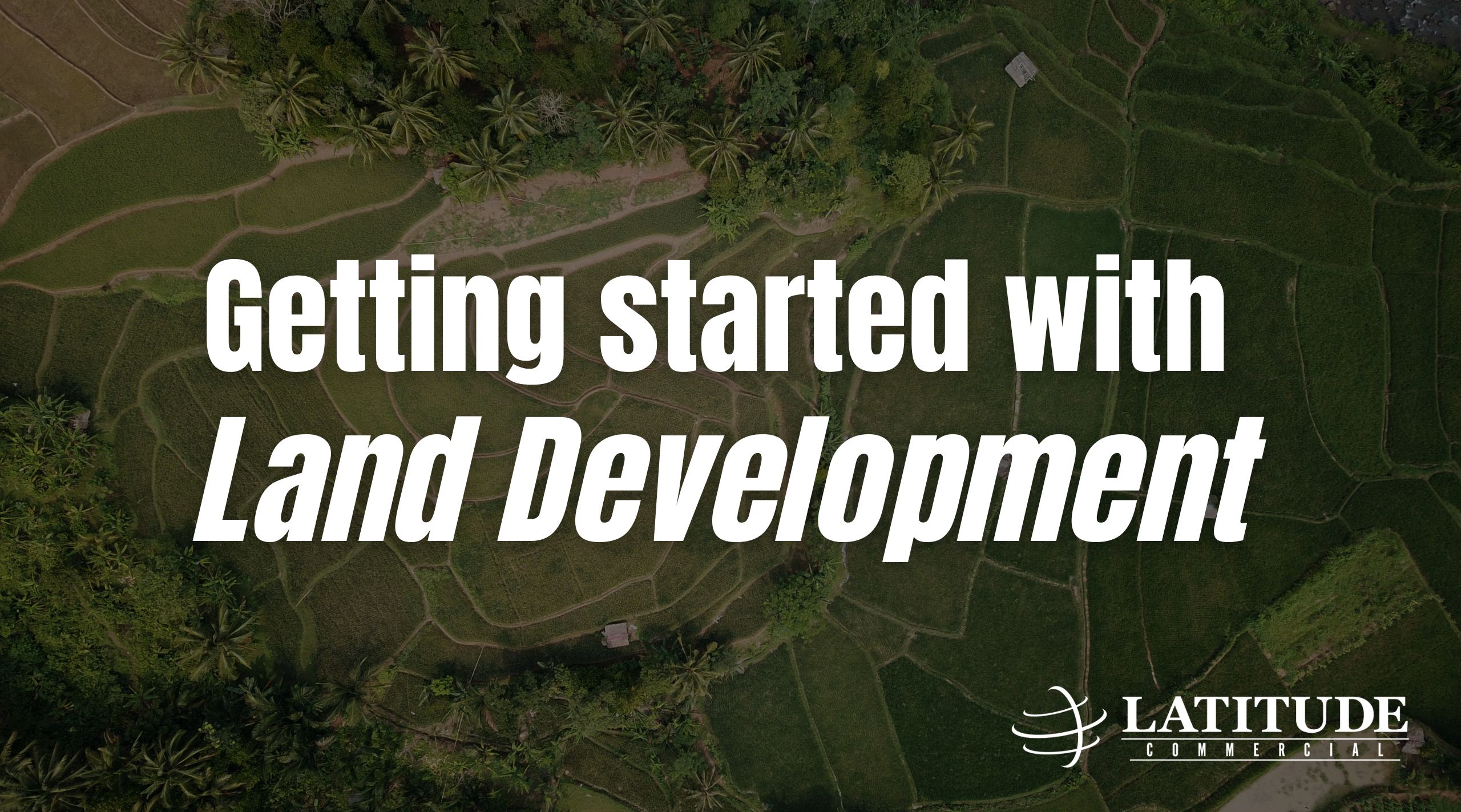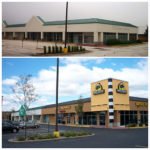
31 Jul
How to Get Started with Land Development: Land Devlopment for Beginner’s
Understanding Land Development
Land development involves turning raw land into developed properties for residential, commercial, or industrial use. This process can be complex but is highly rewarding. Here’s how you can get started.
Step 1: Research and Feasibility Analysis
Conduct Market Research
- Identify demand: Understand what type of property is in demand in your target area (residential, commercial real estate, etc.).
- Analyze competition: Look at other developments in the area to gauge the market saturation.
Feasibility Study
- Evaluate land for sale: Assess if the land is suitable for development.
- Cost estimation: Estimate the costs involved in the project, including purchase price, development costs, and potential profit.
Step 2: Secure Financing
Explore Financing Options
- Bank loans: Approach banks for construction loans or mortgages.
- Private investors: Consider partnering with private investors for funding.
- Government grants: Research if there are any government grants or subsidies available for land development.
Step 3: Land Acquisition
Find the Right Property
- Commercial land for sale: Look for listings of commercial lots for sale.
- Site visits: Visit potential sites to check their suitability and potential.
- Negotiation: Negotiate the best price and terms for the purchase.
Step 4: Planning and Design
Hire Professionals
- Architects and engineers: Work with professionals to create detailed plans.
- Urban planners: Ensure your project meets local zoning and planning regulations.
Develop a Master Plan
- Land use: Define how the land will be used (residential, commercial, etc.).
- Infrastructure: Plan for roads, utilities, and other necessary infrastructure.
Step 5: Permitting and Approvals
Obtain Necessary Permits
- Building permits: Apply for and obtain the required building permits.
- Environmental permits: Ensure you have the necessary environmental clearances.
- Zoning approvals: Make sure your project complies with local zoning laws.
Step 6: Infrastructure Development
Construct Essential Infrastructure
- Roads and utilities: Build roads, sewage systems, water supply, and electrical infrastructure.
- Site preparation: Clear the land and prepare it for construction.
Step 7: Construction and Marketing
Begin Construction
- Building phase: Start the construction of buildings as per the approved plans.
- Quality control: Regularly inspect the construction to ensure quality standards are met.
Market Your Development
- Target audience: Identify and target your potential buyers or tenants.
- Marketing strategies: Use online listings, advertisements, and real estate agents to market the properties.
Step 8: Sales and Leasing
Finalize Sales or Leases
- Sales agreements: Draft and finalize sales agreements with buyers.
- Leasing contracts: For commercial real estate, draft leasing contracts with tenants.
- Handover: Ensure a smooth handover process to the new owners or tenants.
Unlock the Potential of Land Development
FAQs
Latitude Commercial provides commercial real estate services such as purchasing, leasing, landlord representation, tenant representation, and commercial property management throughout the states of Illinois and Indiana. To find out how we can help you, call us today at (219) 864-0200.
Click here to see commercial properties available for lease and for sale near you!
YOU MIGHT ALSO BE INTERESTED IN…
New Small Business Reporting Laws 2024
Research and Insights
2024 Annual Market Report
Our Annual Market Report for 2024 provides an in-depth analysis of the commercial real estate…
View More2023 Annual Market Report
In 2023, Northwest Indiana's commercial real estate sector weathered shifts in interest rates and inflation,…
View More2022 Annual Market Report
We are pleased to present the 2022 Annual Report for the Commercial Real Estate market…
View MoreCase Studies
At Latitude Commercial, we use cutting-edge tools like Placer AI to analyze site performance and…
View MoreChallenge Aaron McDermott, CCIM found a listing for an absolute no reserve auction of a…
View MoreChallenge Aaron McDermott was representing the franchisee of Buffalo Wild Wings on locating sites for…
View More





